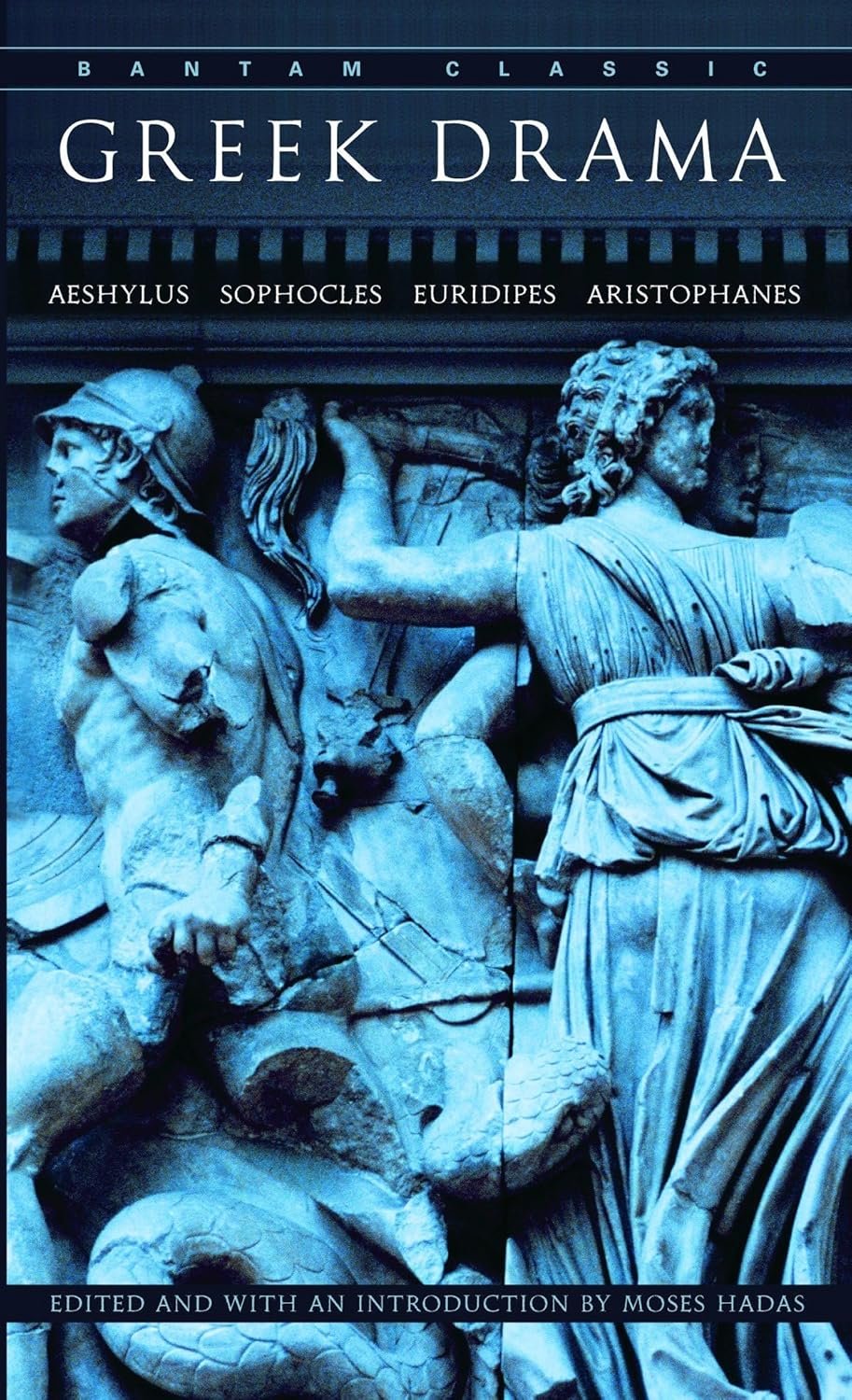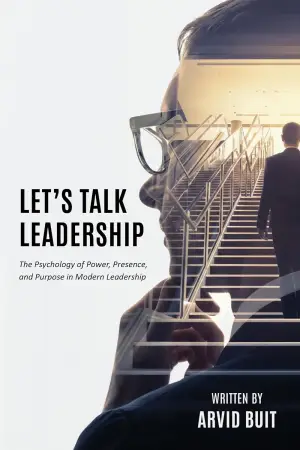Rediscovering the Timelessness of Greek Drama: A Review of Greek Drama (Bantam Classics)
As a lover of literature, there’s something undeniably captivating about diving into the depths of ancient texts. When I stumbled upon Greek Drama edited by Moses Hadas, I felt an instant pull—not just to revisit tales that have stood the test of time, but to explore the very roots of storytelling itself. Hadas meticulously curates nine plays, showcasing the extremes of human emotion and experience in a manner that feels both familiar and refreshingly poignant today.
From the moment I turned the pages, I was struck by the themes that resonate profoundly through the centuries: power, fate, love, and the moral dilemmas that bind us all. Plays by titans like Aeschylus, Sophocles, and Euripides offer an array of characters navigating the trials of war, betrayal, and divine retribution. I found myself particularly enthralled by the tragic arc of Oedipus Rex, with its prescient exploration of fate’s inescapability. The fact that we still speak of Oedipus today, recognizing his tragic flaws, speaks volumes about the human condition and our ceaseless quest for understanding.
Hadas’s insightful introduction provides a rich background on the origins of Greek theater, illuminating how these performances were not mere entertainment but religious experiences, deeply entwined with the culture of the time. This layer of context made my reading experience all the more enriching. As I flipped through the pages, the prefaces accompanying each play felt like guides through a labyrinth, helping me navigate the intricate storytelling and historical significance woven into each narrative.
One aspect that stood out was Hadas’s ability to bring these ancient texts into the present through his translation, blending classical significance with accessibility. The translation captures not only the poetry and lyrical beauty of the original Greek but also the underlying tension and humor—particularly in Aristophanes’ Frogs, which juxtaposes comedy with poignant societal critique. Lines shone with clever wit and poignant absurdity, creating moments of laughter that felt as relevant as today’s political satire.
Throughout the anthology, I encountered voices grappling with the same issues we face today—questions about justice, loss, and the nature of power. This timelessness imbues Greek Drama with a relevance that is both comforting and alarming. It’s unsettling to realize how little has changed over millennia.
For anyone interested in literature, theater, or the complexities of human nature, I highly recommend this anthology. It’s a fantastic entry point for both seasoned readers and newcomers alike. If you appreciate deeply emotional storytelling and the exploration of moral quandaries, Hadas’s Greek Drama promises a rewarding journey.
In closing, reading this collection has not only refreshed my love for classical literature but has also ignited a curiosity to explore further. It’s a testament to the power of storytelling—how ancient voices still resonate today, reminding us of our shared humanity, our struggles, and our triumphs. Whether you’re revisiting these classics or experiencing them for the first time, this anthology is bound to leave a mark. Grab a copy, and let yourself be swept away in the drama that shaped the art of storytelling itself!







